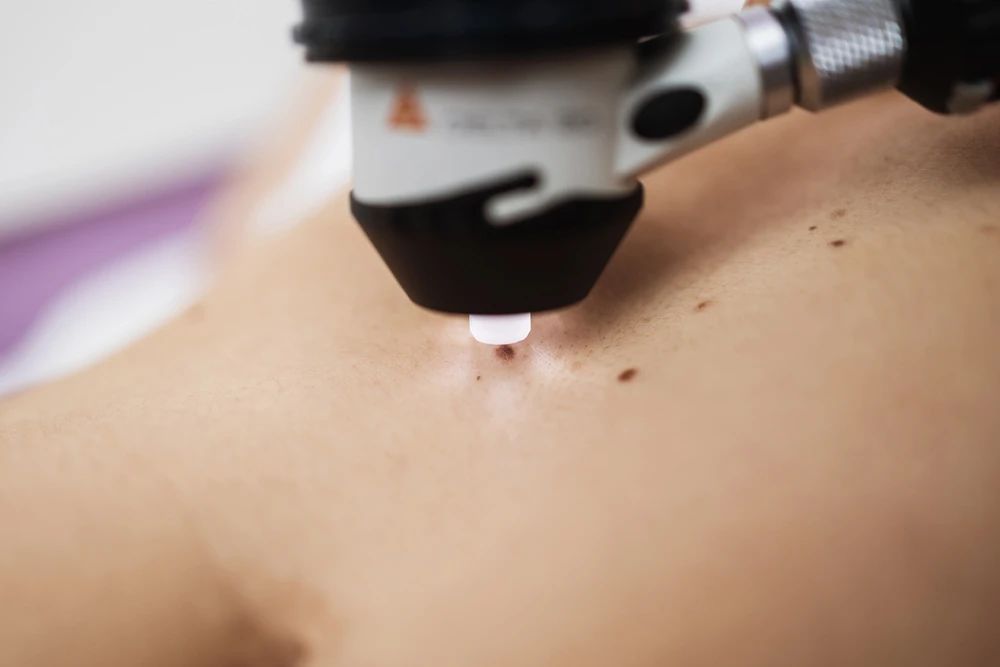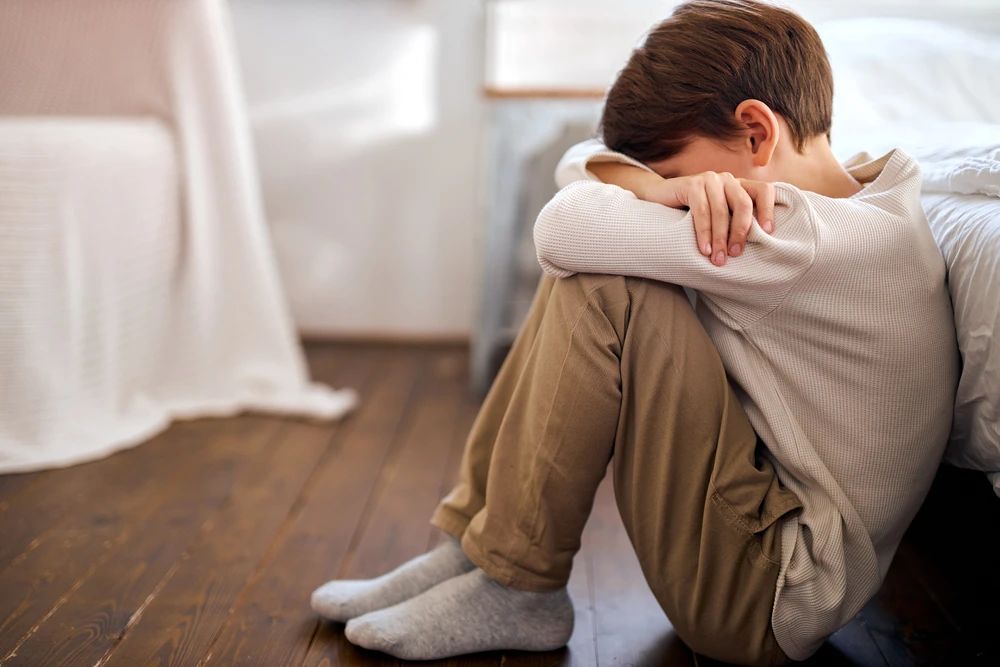Is Your Period Pain Normal? Symptoms You Shouldn't Ignore
2021-03-16
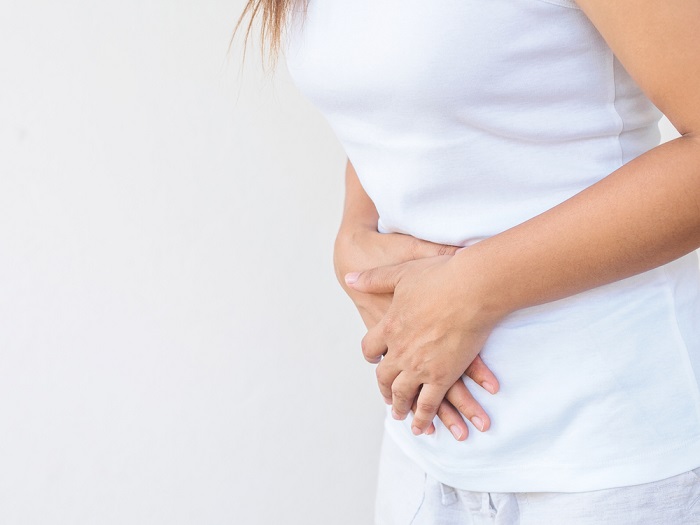
Perhaps you are under the impression that your painful menstrual cramps are perfectly normal. Most of your female friends have it as well, and you've accepted it as part and parcel of being a woman. Some ache and discomfort during your period is not uncommon, especially if you are young and you have had it since you started having your menses.
However, severe period cramps are not normal. They can signal a problem – a problem that may impact your fertility.
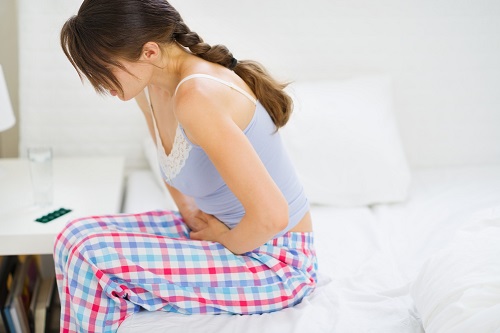
3 causes of period pain that may impact fertility
Possible causes of abnormal period cramps, that can also impact your fertility, include:
Endometriosis: A condition where the lining of the womb, called the endometrium, is deposited outside the cavity of the womb where they shouldn’t be, e.g. around the back of the uterus, tubes and ovaries and other parts of the pelvis. Over time, these menstrual lining tissues cause inflammation and scarring in a woman’s pelvis. It may not only cause intense period pains, but also infertility. They can cause large ovarian cysts called chocolate cysts. Women may go years undiagnosed as it might occur without symptoms.
Fibroids: Fibroids are non-cancerous tumors that grow from the muscle wall of the uterus. Many women never know they have fibroids. However, some fibroids may cause pain and abnormal menstruation, impact fertility, and possibly increase the risk of miscarriage.
Pelvic Inflammatory Disease (PID): Another cause of painful periods may be infection of the womb and fallopian tubes, and this is known as PID. It is the most common cause of blocked fallopian tubes.
6 signs that your period pains may be abnormal
1. They start to occur, or worsen, years after you first got your period
Some women experience painful periods early in their teens when they first get their periods which isn’t caused by an underlying disease. This is referred to as primary dysmenorrhea. However, periods pains which become worse later in life may be caused by diseases or abnormalities of the reproductive system (as mentioned above), and this type of period pain is called secondary dysmenorrhea.
Many women who have these diseases often go undiagnosed, until they realize they are struggling with pregnancy. Speak to your gynecologist so that you can diagnose and manage such diseases early.
2. They keep you from going about your normal life
If your period pain is so bad that you need to call off work on a regular basis, it is not normal. You should speak to your doctor.
3. You experience pelvic pain at times besides your period
Pelvic discomfort just before your period and during the first few days of your period can be normal. You may also experience some sensitivity around ovulation.
But if you have pelvic pain at other times during your cycle, that may signal a problem.
Another possible sign your cramps aren’t normal are if you experience pain during sex. Some causes of painful sex are also responsible for abnormally bad period cramps.
4. Your period cramps last more than 2 to 3 days
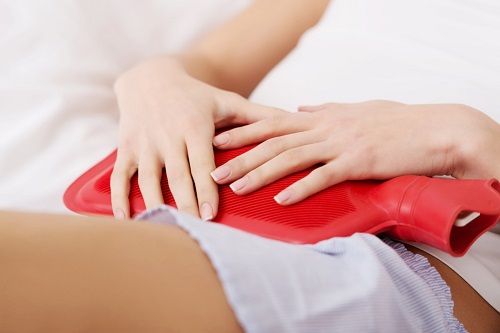
It’s normal for the bleeding during menstruation to last anywhere from 2 – 7 days. It’s not normal, however, to have bad period cramps during that entire time. Experiencing menstrual discomfort for the first 1 – 3 days of the period may be normal. The cramps may also start the day or day before the bleeding starts, but they should not continue all the way until the end of your period.
Period pains should not start days before your period, and certainly should NOT still be there after your period ends.
5. You have heavy and prolonged menstrual bleeding
This includes a menstrual period that lasts longer than 7 days, or if the bleeding is so heavy that you must change your pad or tampon once every hour. Excessive bleeding can cause anemia, or iron deficiency, and may signal an underlying medical condition. You should see a gynecologist if you have excessively heavy or prolonged menstrual periods.
6. You have other worrisome symptoms
If you also experience any these other symptoms in addition to period pain, be sure to consult your gynecologist about them.
- Irregular cycles
- Pain during sex
- Pelvic pain at times beside your period
- Difficulty getting pregnant
- Feeling bloating or a swelling or mass in the pelvis
- Cramps accompanied by nausea or diarrhea
- Painful to move your bowels during your period
- Urinary problems during your period
If you're worried your period cramps aren't normal...
If you have any of the above symptoms that alert an underlying problem, or if you’re just worried your period cramps aren’t normal, you should always have it checked.
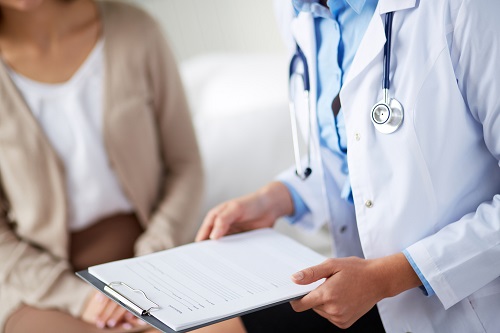
Do not feel embarrassed telling your gynecologist about your symptoms. She will hear you out, do a thorough physical check, and go on with any necessary investigations to evaluate if you have any underlying medical condition leading to your painful periods or other symptoms.
When these medical conditions (e.g. endometriosis, fibroids, pelvic infections) are diagnosed and treated earlier, you could get significant relief from the painful symptoms and likely improve your chances of having a baby (if you have plans to).
Some conditions like ovarian cysts (caused by endometriosis or otherwise) or fibroids may not raise any symptoms or discomfort. These may also be picked up during your regular check-ups with the gynecologist.
For more information or to make an appointment with a Gynecologist, please contact us at 400-819-6622.
Copyright: Health Plus an online health and wellness web resource developed by Parkway Singapore









